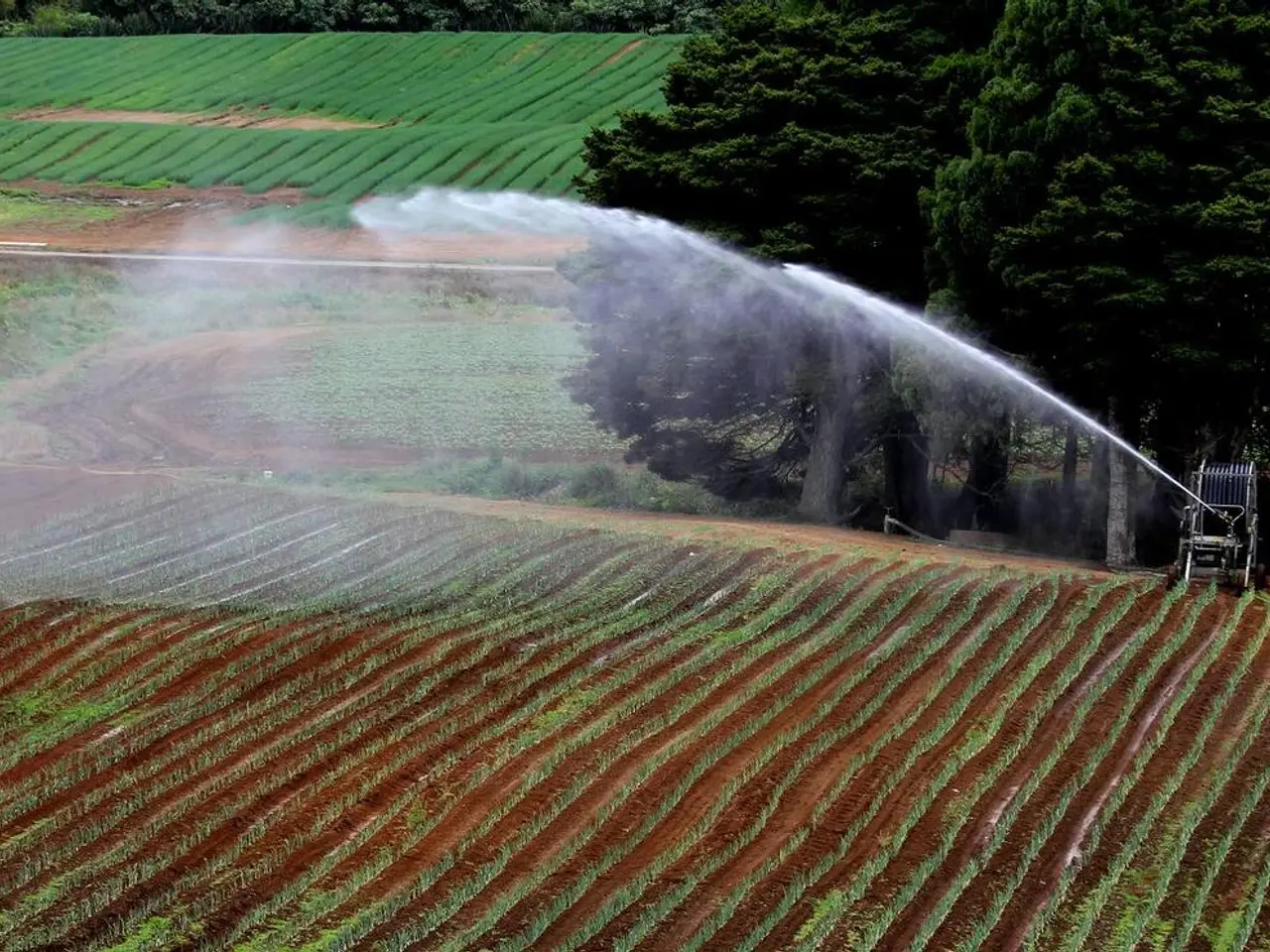Agriculture's Sustainable Development Through Permaculture
In the world of agriculture, a revolutionary approach is gaining traction – Permaculture. This farming system, which works in harmony with nature and employs closed-loop systems, is transforming the way we grow food across the globe.
With more than 1 million people learning about permaculture in 140 countries, it's clear that this method is not just a passing trend. The benefits it offers, such as being cheaper, wasting less, using less water, and making farming more self-sufficient, are compelling reasons for its growing popularity.
However, the journey to widespread adoption is not without challenges. Lack of consumer demand and market incentives, as well as a lack of education and awareness, pose significant barriers. Newcomers to permaculture might find it challenging to pick the right plants and set up their projects.
To overcome these obstacles, educating people about the benefits of permaculture is crucial. Teaching them about the positive impact it has on the environment, economy, and community can help increase consumer demand. Moreover, providing more training and resources for farmers is key to helping them adopt this sustainable farming practice.
Successful examples of permaculture implementation can be found in various parts of the world. Happy Food Farm in China, the IDEP Foundation in Bali, and the Konga Institute in New Zealand are just a few examples of how permaculture is making a difference. Even in countries like Germany, France, England, Spain, Canada, the USA, and Switzerland, permaculture is being integrated into farming, from sustainable tea farms to vineyards.
The number of permaculture projects worldwide is estimated to be over 4,000, a testament to its growing influence. Big permaculture farms, despite being expensive to start, offer long-term benefits, including resilience to droughts and floods. These farms, when implemented correctly, can help fight climate change by using green farming methods and reducing pollution.
Permaculture's main ethics – caring for the earth, caring for people, and fair sharing – reflect its commitment to creating a better balance between humans and nature. By adopting this approach, we can address today's environmental problems and ensure a sustainable future for farming.
In conclusion, while challenges remain, the potential of permaculture as a solution to modern farming's issues is undeniable. With continued education, support, and innovation, we can continue to see the positive impact of permaculture on our planet and our communities.




